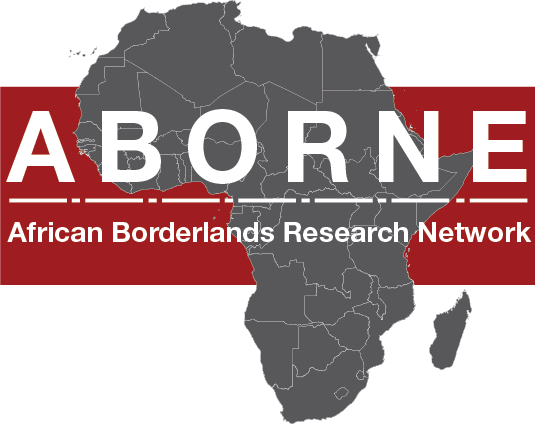PROGRAMME ACTIVITIES
ABORNE’s activities are designed to facilitate a sustainable in-depth exchange among researchers and policy makers around clearly identified sub-topics, and to produce a maximum output of high-quality publications that will define the research field for the foreseeable future. To achieve both intermediary goals as well as the overall Research Networking Programme objectives beyond the individual network activities, a core group of active members communicates regularly and aims to meet face-to-face at least once a year. Key to this continuity is the work and close daily collaboration of the Programme Chair and Coordinator, who are both based in Edinburgh. Decisions about which activities to fund are taken by the Programme Steering Committee as a whole. These are based primarily on the scientific quality of detailed written proposals, and secondarily on the aim to distribute activities fairly between countries participating in ABORNE Research Networking Programme.
An annual ABORNE conference takes place in late summer/early autumn each year in different European or African locations. The conferences are not intended as mere venues for individual presentations, but as platforms for exchange on a clearly-defined conference topic. Each conference aims to address one or more specific aspects of the ABORNE agenda, as outlined under Topic Areas. Paper abstracts are reviewed and selected by a scientific committee and individual papers have to be submitted in advance of the conference. Each annual conference is open to ca. 60 researchers working in the field. While the format and content of the conferences is predominantly scientific in nature, the Steering Committee of ABORNE requires organisers to ensure knowledge transfer beyond the academic community, e.g., through extending invitations to media representatives, policy makers and other organisations with an interest in Africa and territorial boundaries.
The annual steering committee meetings take place in conjunction with the annual conference in order to maximise the return gained from the funds budgeted for this purpose.
Seven thematic workshops are organised around very specific sub-topics of the research field and with a clear and viable plan for publication, e.g., as an edited volume in the ABORNE book series or as a special issue of a peer-reviewed journal. Workshops can be organised either as separate meetings or as part of larger conferences.
ABORNE holds regular PhD Summer Schools. These meetings will transfer theoretical perspectives gained in the network into doctoral teaching, and are designed to promote borderlands research as an important field within African Studies. The challenge of developing appropriate methodologies for borderlands research features prominently in these intensive events. Junior researchers will be given an opportunity to discuss their work with each other and established experts in the research field. The latter will deliver keynote presentations on specific topics and act as discussants and supervisors. The envisaged ratio of students to senior researchers is 1:2. The summer schools also aim to stimulate efforts to develop an under- and postgraduate teaching curriculum for African Borderland Studies.

